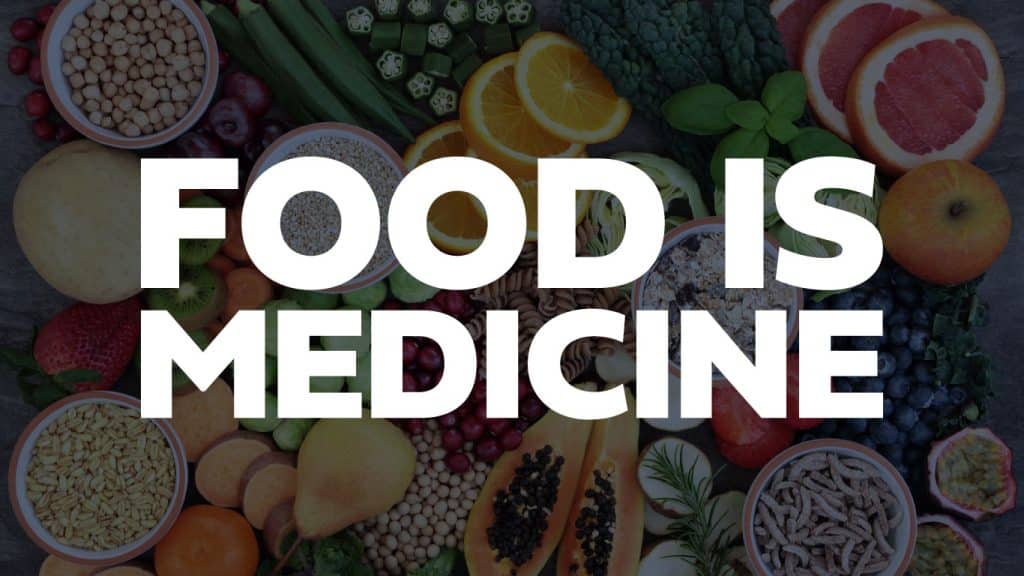Overview
Hypertension and cardiovascular disease (CVD) remain major health challenges, contributing significantly to morbidity and mortality. Effective management of these conditions requires a multifaceted approach that goes beyond medical treatment to include lifestyle modifications, patient education, and coordinated care for comorbidities. Dietary changes, in particular, are recommended as primary or complementary treatments for hypertension.
Hypertension, characterized by elevated blood pressure levels, and CVD, encompassing various heart and vascular conditions, pose serious health risks if untreated, including heart attacks, strokes, and kidney failure. Despite advancements in treatment, challenges such as medication adherence, lifestyle changes, and managing comorbidities persist.
Facts and Figures
- The prevalence of hypertension among Medicaid-covered adults, aged 18–64 years, ranges from 17.2% to 27.4%.
- Achieving blood pressure control can significantly reduce the risk of heart disease and stroke.
- Nearly half of adults have hypertension (119.9 million).
- About 1 in 4 adults with hypertension have their condition under control (27.0 million).
- Lifestyle modifications are recommended for all adults with hypertension.
Comprehensive Care: A Holistic Approach
Comprehensive care takes into account the physical, psychological, and social aspects of health, which is crucial for optimizing outcomes for individuals with hypertension and CVD. This approach includes personalized care, where medication regimens and lifestyle interventions are tailored to individual needs, improving adherence and efficacy. Personalized plans might involve specific medications, dietary changes, and exercise routines designed to fit a patient’s unique circumstances. Additionally, cultural sensitivity ensures that care delivery aligns with patients’ cultural beliefs and practices, promoting better engagement and outcomes. Understanding and respecting cultural differences in health perceptions and practices can enhance the effectiveness of treatment plans.
The Silent Killer: Hypertension’s Impact
Hypertension, or high blood pressure, is often called the “silent killer” because it significantly increases the risk of cardiovascular disease and stroke, leading causes of death in the United States. Managing high blood pressure is crucial for preventing heart attacks, strokes, kidney disease, and other serious health conditions. Health care providers play a critical role in promoting low-sodium diets, regular physical activity, and smoking cessation to control blood pressure.
Nutrient-Rich Diets: Essential for Health
A nutrient-dense diet is vital for managing hypertension and cardiovascular health. Healthy foods like fruits, vegetables, whole grains, lean proteins, and healthy fats are rich in essential nutrients such as vitamins, minerals, antioxidants, and fiber. These nutrients help maintain healthy blood pressure levels and heart function. For example, potassium, magnesium, and calcium help regulate blood pressure by supporting proper nerve and muscle function.
Maintaining a healthy weight is also crucial for preventing hypertension and CVD. Healthy foods are lower in calories and higher in nutrients, supporting weight management efforts. Conversely, diets high in processed foods, sugary snacks, and unhealthy fats increase the risk of obesity, type 2 diabetes, and other conditions that exacerbate hypertension and CVD.
Overcoming Challenges: A Personalized Approach
Adherence to medication regimens and lifestyle modifications is crucial but challenging for managing hypertension and CVD. Factors like medication side effects, cost, and treatment complexity can hinder adherence. A personalized approach tailors healthcare interventions to the individual characteristics, needs, and preferences of each patient or member. Personalized care plans, considering individual factors such as age, gender, medical history, comorbidities, and cultural preferences, are essential. Health coaches can support patients in adopting and maintaining healthy behaviors through culturally sensitive approaches and motivational interviewing techniques.
Motivational interviewing (MI) is a patient-centered counseling technique that helps individuals find the motivation to make positive behavioral changes. It is particularly effective for managing chronic conditions like hypertension and CVD. MI enhances patient engagement by involving active listening and empathy, building a strong relationship between the patient/member and the health coach. This fosters a sense of collaboration and trust, making patients and members more likely to participate actively in their care. Additionally, MI promotes self-efficacy by empowering patients and members to take control of their health decisions, boosting their confidence in their ability to change behaviors. This sense of ownership is crucial for sustaining long-term lifestyle changes.
MI also addresses ambivalence by helping patients explore and resolve mixed feelings about changing their behavior. By understanding and addressing these ambivalences, patients and members are more likely to commit to healthier habits. Unlike directive approaches, MI encourages patients to express their own reasons for change, leading to more sustainable and internally motivated changes.
Optimizing treatment efficacy is another benefit of a personalized approach. Tailoring interventions to the patient’s specific needs enhances the efficacy of both medication regimens and lifestyle interventions. Additionally, personalized care enhances patient/member satisfaction, leading to improved trust, stronger relationships and improved health outcomes..
Empowering Patients Through Education and Support
Patient education is a cornerstone of hypertension and CVD management. Empowering individuals with knowledge about their conditions, treatment options, and self-management strategies enables them to take an active role in their care. Health literacy promotion enhances patients’ and member’s understanding of health information, facilitating shared decision-making and improved outcomes.
Innovations in Care Delivery
Innovations in care delivery, such as telemedicine, remote monitoring, and digital health tools, offer promising avenues for enhancing access to care and supporting individuals with hypertension and CVD. Health coaches play a critical role in this by employing techniques like motivational interviewing to support clients in setting and achieving health goals, fostering intrinsic motivation, and cultivating sustainable behavior change.
Addressing Socioeconomic and Racial Disparities
Addressing disparities in hypertension and CVD management is essential for achieving equitable health outcomes. Socioeconomic factors, racial and ethnic disparities, and limited access to healthcare services contribute to disparities in care. Efforts to address these disparities through policy changes, community investments, and culturally competent care are crucial for improving health outcomes for all individuals.
Conclusion
Comprehensive care is essential for optimizing outcomes and improving the quality of life for individuals with hypertension and cardiovascular disease. By adopting a holistic approach that addresses medical, psychosocial, and environmental factors, healthcare providers and health plans can support patients and members in managing their conditions effectively, reducing complications, and promoting overall well-being. Innovations in care delivery, patient education, and community engagement offer opportunities to enhance access to care and reduce disparities in hypertension and cardiovascular disease management.
By embracing a comprehensive and personalized approach, healthcare providers and health plans can make significant strides in managing hypertension and cardiovascular disease, ultimately improving patient outcomes and quality of life.



